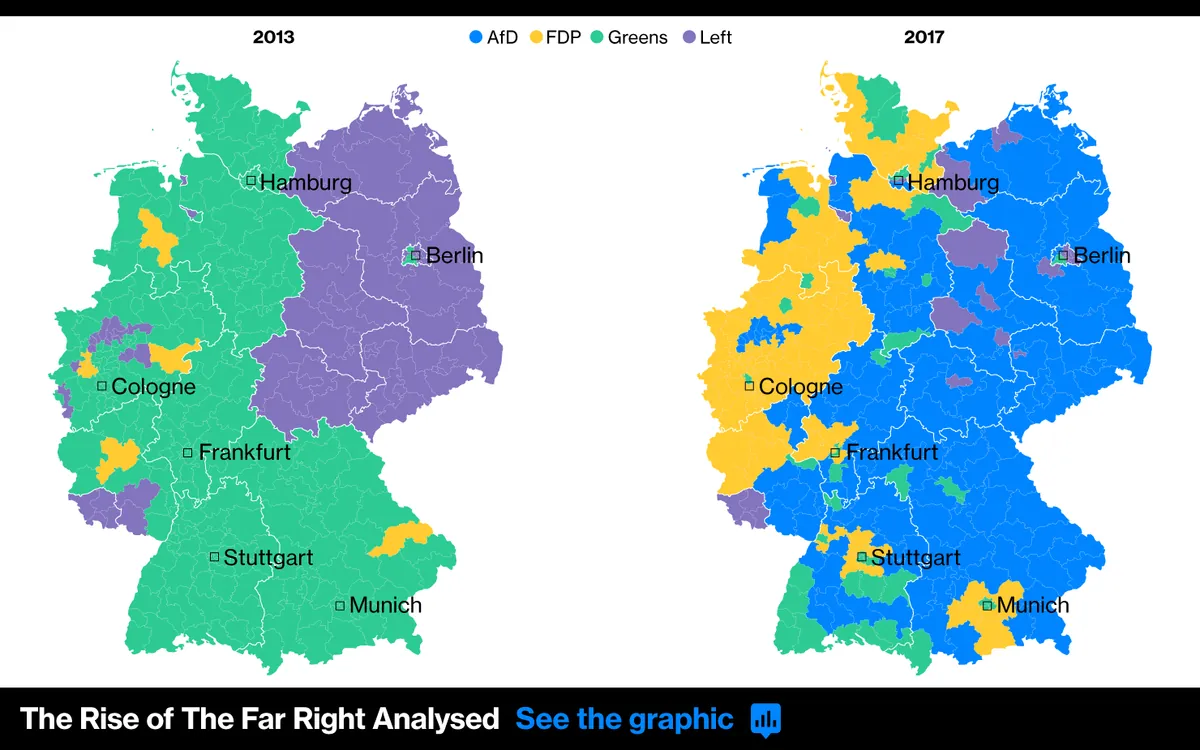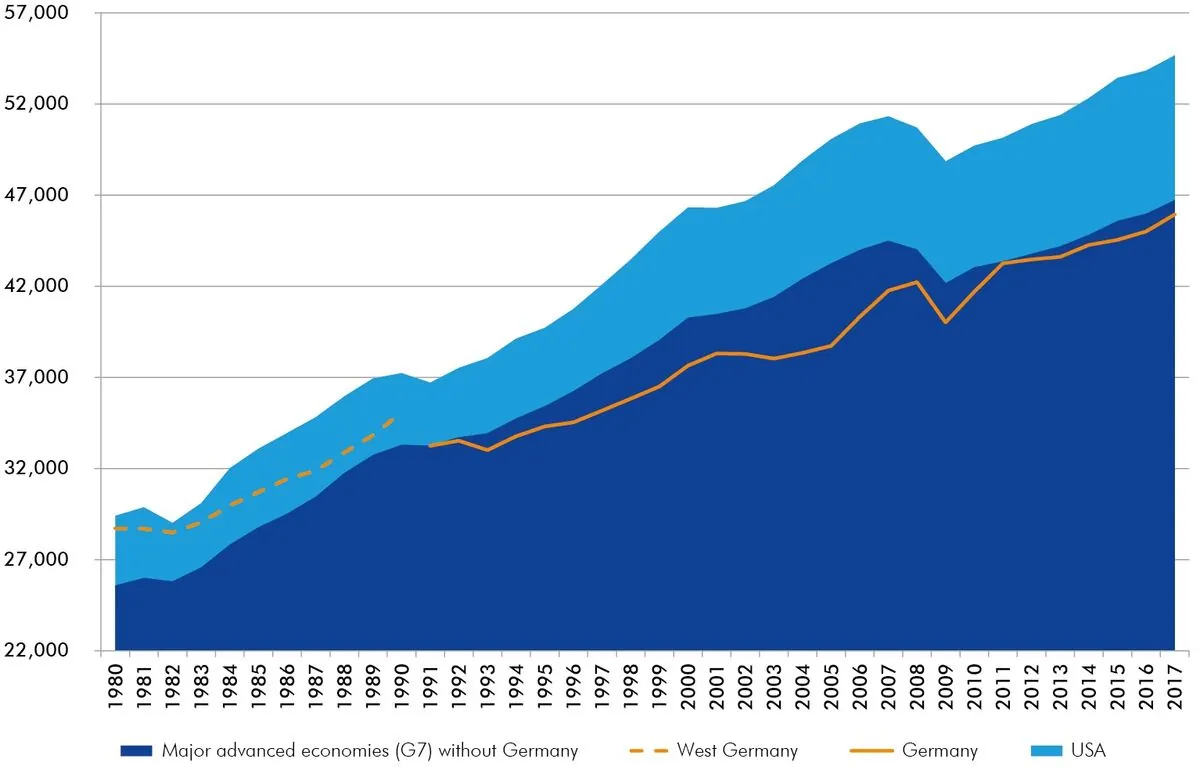AfD's Electoral Gains Shake German Political Landscape
Far-right AfD's success in eastern German state elections challenges traditional parties and complicates coalition-building. Chancellor Scholz's government faces increased pressure amid voter discontent.

The recent state elections in eastern Germany have significantly altered the political landscape, with the far-right Alternative for Germany (AfD) party achieving unprecedented success. This development has created new challenges for Chancellor Olaf Scholz's government and the main opposition party, the Christian Democratic Union (CDU).
In Thuringia, the AfD, under the leadership of Björn Höcke, became the first far-right party to win a state election in post-World War II Germany. Simultaneously, in neighboring Saxony, the party finished a close second to the CDU. These results have put considerable pressure on the governing coalition in Berlin, which performed poorly in both states.
Several factors contributed to the AfD's success, including:
- Dissatisfaction with the national government
- Economic concerns, including inflation
- Anti-immigration sentiment
- Skepticism towards German military aid to Ukraine
The eastern regions of Germany, which were part of the former German Democratic Republic until reunification in 1990, have historically been less prosperous than western Germany. This economic disparity has played a role in shaping political attitudes in the region.

The election results have created a complex situation for coalition-building. In Thuringia, even unconventional alliances may struggle to form a majority without involving the AfD. This situation highlights the challenges faced by established parties in maintaining their traditional stance of non-cooperation with the far-right.
"Voters wanted to send a signal to Berlin above all. They want to send a signal to the (coalition) that the chancellor no longer has their confidence. Olaf Scholz is the face of failure in Thuringia and Saxony too."
The upcoming state election in Brandenburg on September 22, 2024, could further impact the political landscape. Currently led by Scholz's Social Democratic Party (SPD), Brandenburg may present another challenge for the governing coalition.
These developments occur against the backdrop of Germany's unique political system, which has evolved since the adoption of the Basic Law in 1949. The country's multi-party system, with a 5% threshold for parliamentary representation, has traditionally encouraged consensus-building and coalition governments.
As Germany approaches its next national election, scheduled for September 2025, political parties will need to navigate these new challenges. The rise of the AfD and the fragmentation of the political landscape may require innovative approaches to governance and coalition-building, while still adhering to the principles enshrined in Germany's post-war constitution.


































